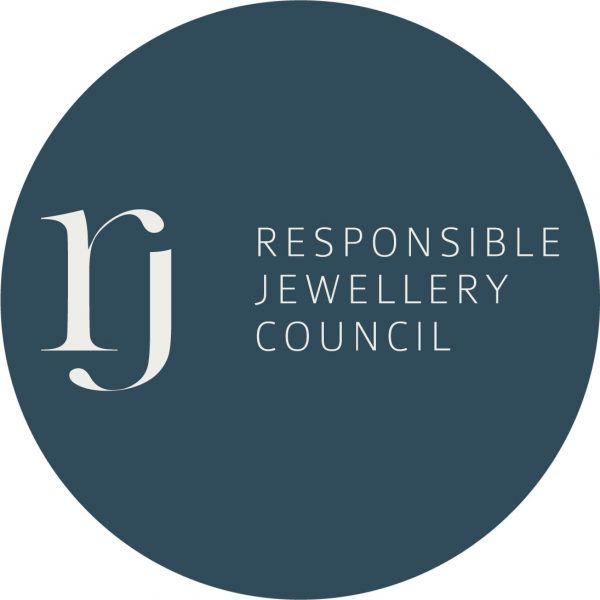
In addition to the ethical case for becoming a sustainable economy, improving your environmental and social governance also makes good business sense, participants agreed during the JCK Virtual 2020 keynote on “Leading With Purpose: The Jewelry Industry Beyond COVID-19,” hosted by the Responsible Jewellery Council (RJC).
“We do have a ‘next normal’ of consumer social [awareness],” said Mark Hanna, chief marketing officer for Richline Group. ‘This isn’t about sustainability at our companies. This is about sustainability of our companies…. It’s not just ethics, this is also about economics, especially coming out of COVID-19. In the end, it’s about the consumer. And this has very much influenced the consumer.”
Sue Allchurch, chief of outreach and engagement for the United Nations Global Compact, pointed to research that said that sustainable brands are growing 6% more than other brands. A Boston Consulting Group study conducted with Oxford University found that “businesses with higher environmental and social governance have lower cost of capital, 90% of them showed the companies had better operational performance, and 80% of them ended up with a higher stock performance.
“That makes sense,” she added. “They have engaged employees, they have engaged suppliers, they are working together well. That is the kind of business that all stakeholders are interested in.”
Pamela Fierst-Walsh, senior advisor on conflict minerals for the U.S. Department of State, said things such as “threat finance” and “human rights concerns” remain problems even during the time of COVID-19.
“The supply chains didn’t get more secure just because everyone is concerned about COVID,” she said. “I look to the concerns in the supply chain, and I ask producers: Are your supply chain due diligence procedures solid? Are they on the books, and are you substantively confident about the results you are going to get when you do your own internal audit or have a third-party compliance, or are you just checking the boxes?
“The message needs to be, the threats are still out there, the bad guys are not giving up.… You can’t put your blinders on and say, ‘I’m sure I’m compliant’ and not do anything more.”
Pat Dambe, the Botswana-based vice president of corporate affairs and government relations for the De Beers Group, said producing countries such as Botswana “welcome” the new focus on product origin.
“We want to tell the story,” she said. “We want people to know where diamonds come from.”
RJC chairman David Bouffard, Signet’s vice president of corporate affairs, said that, post-COVID-19, Signet believes that social responsibility and inclusion are more important than ever, and it has launched a number of initiatives, including a Black Employee Network, a new internal way to mentor Black employees.
“We’re quite proud of these efforts,” he said. “We urge other companies, big and small, to do the research, find out what’s important to you, and get involved.”
Raj Mehta, a director of diamond company Rosy Blue, said that “trust and transparency is critical for consumer confidence, particularly in an industry like ours.
“Embedding sustainability takes time, and it is a process of continuous improvement,” he said. “We have been focused on creating a transparent and responsible supply chain for many years.”
Stuller vice president of compliance, inventory and information Belit Myers said that her company remains committed to responsible business practices, regardless of the COVID-19 pandemic.
“It’s continuing to embrace things like transparency and traceability,” she said. “The consumer demand for that will continue to evolve.”
RJC executive director Iris Van der Veken concluded: “I do want to challenge all of us to take ambitious action. We have a responsibility to us, our children, and the next generations to come.”
(Image courtesy of the Responsible Jewellery Council)
- Subscribe to the JCK News Daily
- Subscribe to the JCK Special Report
- Follow JCK on Instagram: @jckmagazine
- Follow JCK on X: @jckmagazine
- Follow JCK on Facebook: @jckmagazine